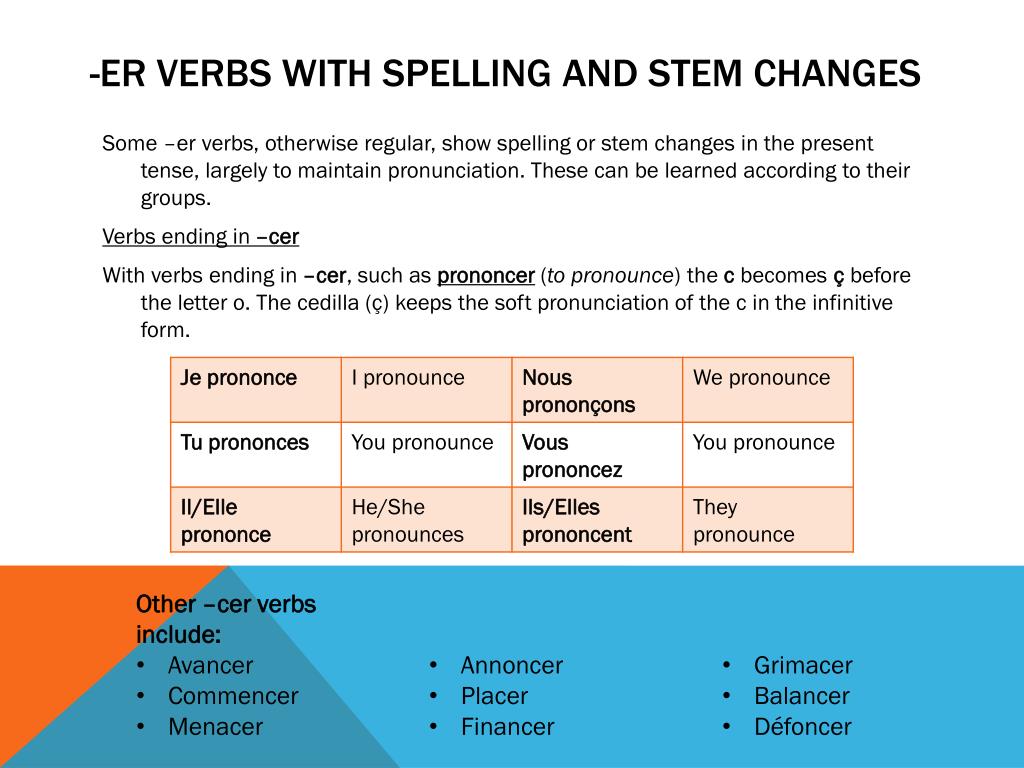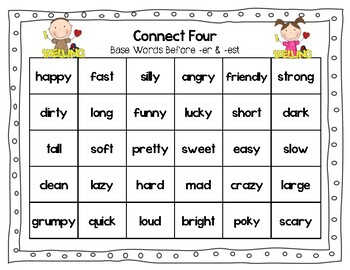

But these words sound strange, the first like some cockney character pushing a barrow in the East End of London, the second like some sort of dangerous subversive. Sometimes the ‑ er and ‑ est endings just sound strange.įor example, the correct comparative and superlative forms of common are commoner and commonest. Sounds-Weird Rule for States of Adjectives When you show these participial adjectives in comparative or superlative states, always use more and most. Present participles ( ‑ing verbs) and past participles ( ‑ed verbs) can act as adjectives.

Three-syllable adjectives(Use more and most.)ĭifficult, more difficult, most difficult memorable, more memorable, most memorable Two-syllable adjectives (Some can use either the suffixes or the more-most technique.)Ĭlever, cleverer, cleverest or clever, more clever, most cleverĬruel, crueler, cruelest or cruel, more cruel, most cruel Two-syllable adjectives(Some always require more and most.)īizarre, more bizarre, most bizarre steadfast, more steadfast, most steadfast Happy, happier, happiest narrow, narrower, narrowest silly, sillier, silliest Two-syllable adjectives(In many cases, use ‑er and ‑est.)

Note: In some expressions, however, even one-syllable adjectives use more to form the comparative: more sweet than sour. One-syllable adjectives(In almost all cases, use ‑er and ‑est.)īig, bigger, biggest small, smaller, smallest thin, thinner, thinnest
Er endings how to#
You ask, therefore, how to tell when to use the ‑er and ‑est endings and when to use the helping words more and most? There’s no hard and fast rule, but some rules of thumb will help:


 0 kommentar(er)
0 kommentar(er)
